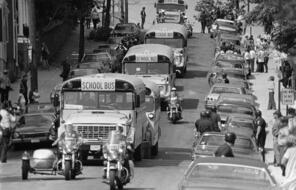Resource Library
Find compelling classroom resources, learn new teaching methods, meet standards, and make a difference in the lives of your students.
We are grateful to The Hammer Family Foundation for supporting the development of our on-demand learning and teaching resources.

Introducing Our US History Curriculum Collection
Draw from this flexible curriculum collection as you plan any middle or high school US history course. Featuring units, C3-style inquiries, and case studies, the collection will help you explore themes of democracy and freedom with your students throughout the year.
3282 Results
Discussing Race and Racism in the Classroom
This unit is designed to help teachers in the UK have conversations about race with their students in a safe, sensitive, and constructive way.
Media and Strategies for Teaching Enrique’s Journey
Explore the online resources to help teach the young adult version of the book Enrique's Journey.
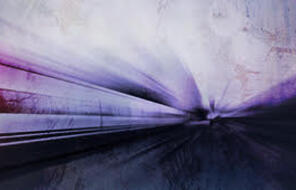
Materials for Teaching Holocaust and Human Behavior
Explore the collection of media referenced in our unit Teaching Holocaust and Human Behavior, available both online and in print.

Discussing Contemporary Islamophobia in the Classroom
This unit is designed to help students in the UK reflect on how Islamophobia manifests in contemporary society and what needs to be done to challenge it.
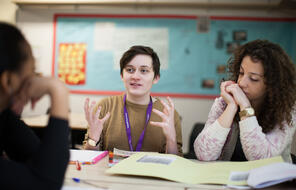
“I Wanted the Whole World to See”: The Murder of Emmett Till
This six-lesson unit delves into the history and legacy of the murder of Emmett Till, considering what we can learn from it as we work to achieve racial justice.
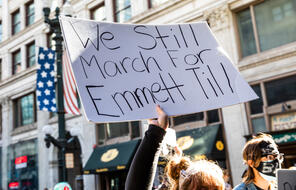
Common Core Writing Prompts and Strategies Links
Find all of the readings, videos, and online tools referenced in our three Common Core Writing Prompts and Strategies supplements.
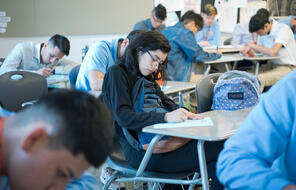
The Holocaust and Jewish Communities in Wartime North Africa
Explore the impact of the Holocaust and World War II on Jewish communities in North Africa in this 3-lesson mini-unit.
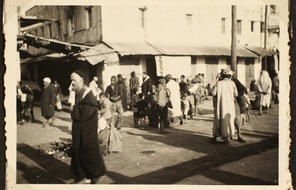
Holocaust and Human Behavior: A Facing History & Ourselves High School Elective Course
This curriculum is designed for Tennessee and Southeast educators teaching a high school elective course on the history of the Holocaust and the Armenian Genocide.
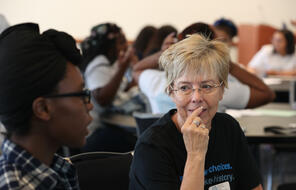
In Pursuit of Democracy and Freedom: A US History Inquiry
This 5–7 day C3-aligned inquiry explores the compelling question, “How can we make real the ideals of democracy and freedom?”
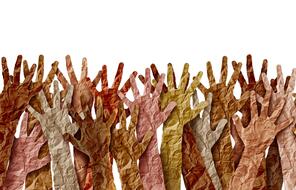
Confronting Online Antisemitism
Use these resources to help students recognize and address online antisemitism.
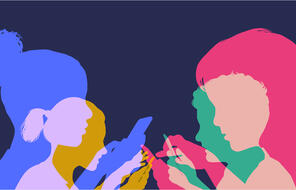
Democracy and Freedom: US History Capstone Project
This capstone project invites students to reflect on their own role in a democracy in light of what they’ve learned about freedom and democracy in US history.


